The AI system in the school not only teaches but also monitors how students absorb the lessons, providing feedback data on each student's learning habits.
In the UK, a new education model is gaining attention as David Game College, a private school in central London, implements teacherless classrooms, with artificial intelligence instead teaching core GCSE subjects to 16-year-olds.
According to John Dalton, co-principal of the school, AI will completely change the field of education and this is inevitable. He encouraged everyone to be flexible and adapt to this new technology. The AI system in the school not only teaches but also monitors how students absorb the lessons, providing feedback data on each student's learning habits.
The innovation fits in with the UK government’s drive to harness the power of AI. Prime Minister Keir Starmer has pledged to make the UK an AI powerhouse and promote the use of the technology in education. The government has developed an AI teaching assistant called “Aila,” designed to align with the national curriculum.
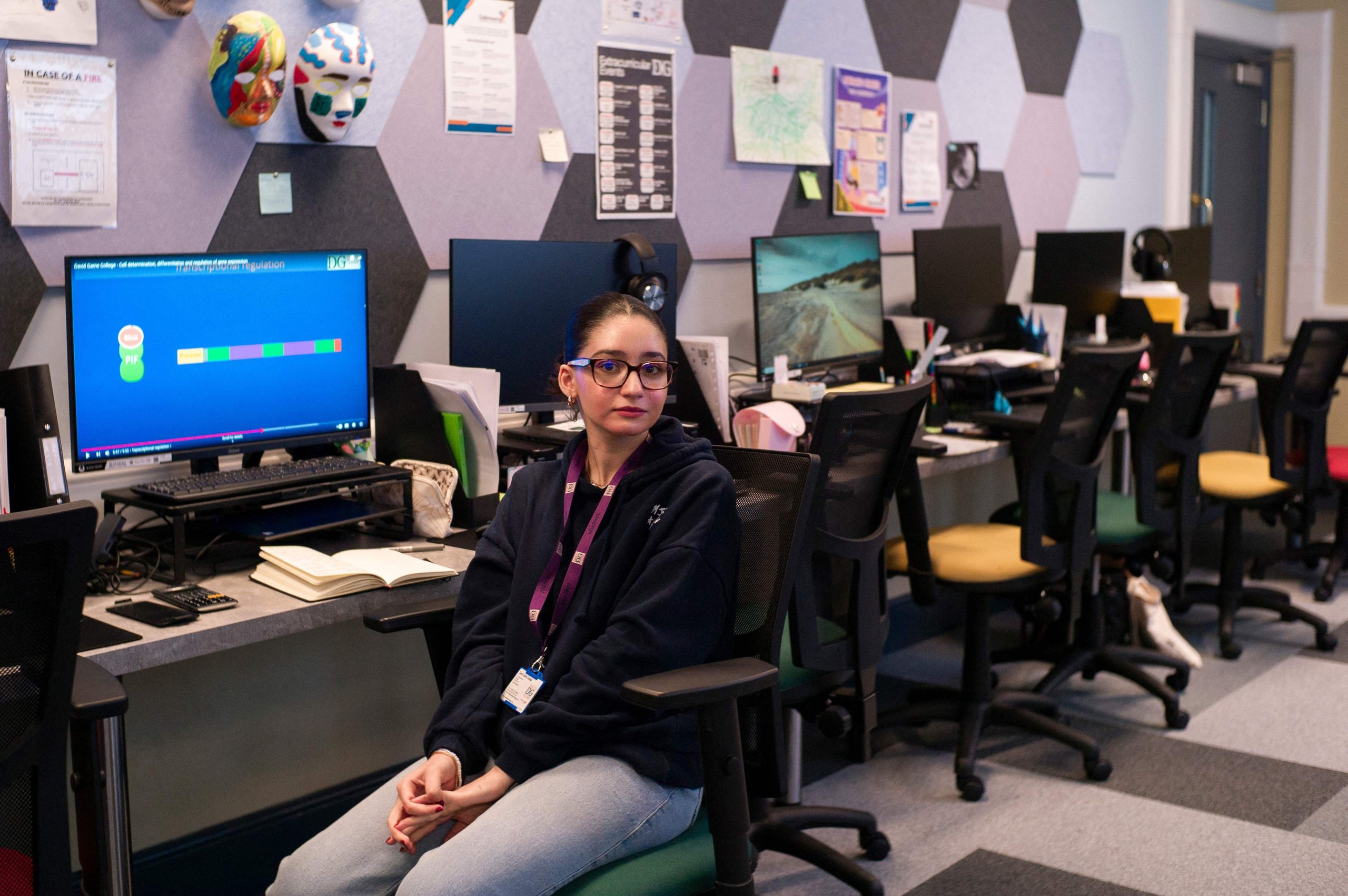
Student Massa Aldalate sits at his desk in an AI classroom at David Game School. Daily Sabah.
Teacherless classrooms raise concerns in the UK
Instead of traditional teachers, classes at David Game College feature “learning coaches” — people with teaching credentials but not necessarily subject-matter experts — whose role is to guide students through the use of AI and help them develop soft skills like debating and money management.
The pilot project currently has seven students, with each coach expected to support a small group. Dalton acknowledged that it was a bold move, but also an opportunity to explore the potential of technology in education. AI, he said, could assess student performance more accurately than a human teacher, allowing for personalized instruction.
Professor Rose Luckin, an expert on AI in education at University College London, said the model was still an “isolated phenomenon” and that the future of AI in British schools was unclear. She agreed that AI would change the role of teachers, but it was unclear how that change would take place.
One of the students in the trial, Massa Aldalate, 15, said she was initially skeptical about learning with AI. But after a while, she noticed a clear effect. Massa said people tend to get emotionally attached to the traditional classroom model, but this method makes learning more effective. One of her favorite subjects is English. Initially, she was worried about whether AI could handle creative assignments, but the hands-on experience changed her mind.
However, the application of AI in education still has many challenges, especially in terms of equity. Daniel Kebede, general secretary of the National Education Union (NEU), said that the government's ambition needs to be matched by significant investment in technology and IT infrastructure for schools. Professor Luckin also questioned the real effectiveness of AI tutors, and wanted specific data to assess the impact of this model.
Another issue is the inequality of access to technology. The David Game College model costs up to £27,000 a year – £10,000 more than the average for private schools in the UK. This has led many experts to worry that it is an “elite” model, rather than one that can be adopted by the wider public.
While AI can help personalize learning, maintaining the high ratio of instructors to teachers at David Game College is unlikely to be replicated. Professor Luckin stressed that lessons should be learned from this model, but should not be seen as a general trend for the entire education system in the future.
Source: https://danviet.vn/lop-hoc-khong-giao-vien-gay-lo-ngai-tai-anh-20250206141146439.htm























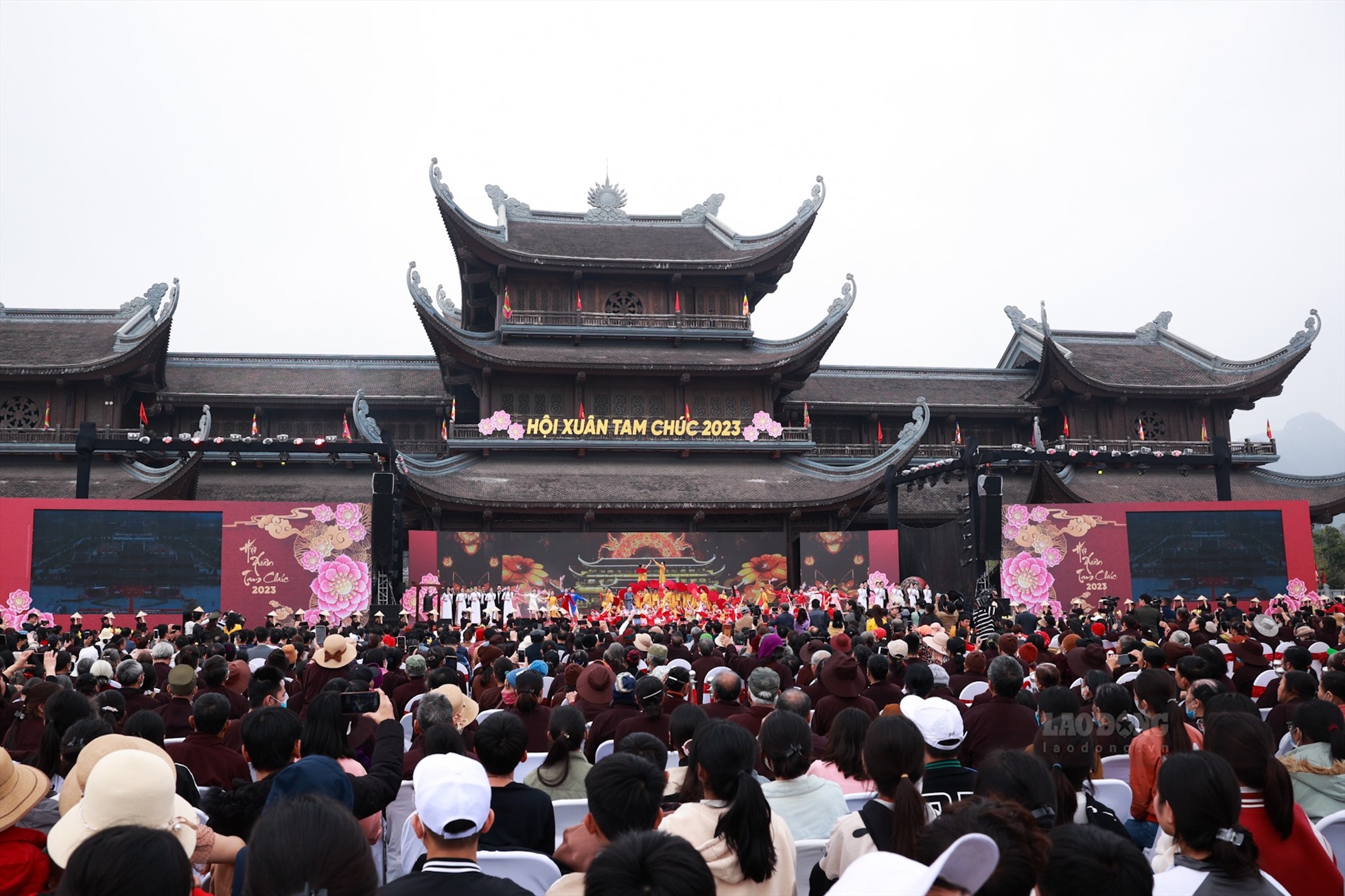






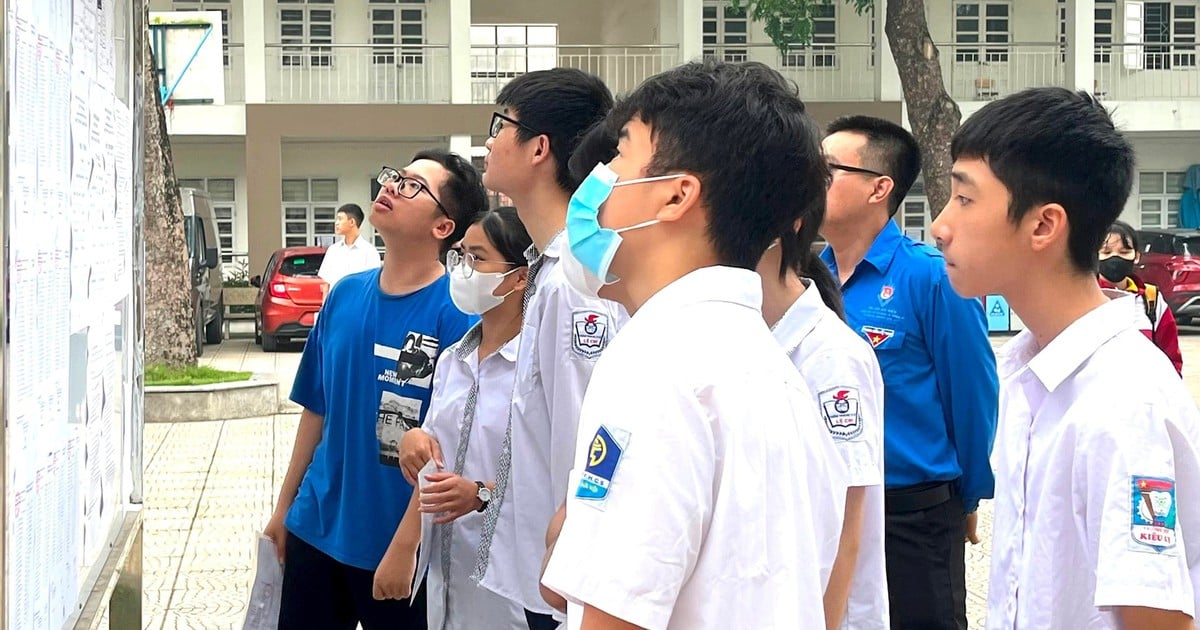



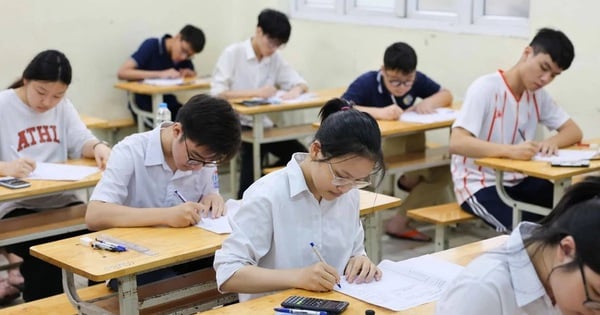

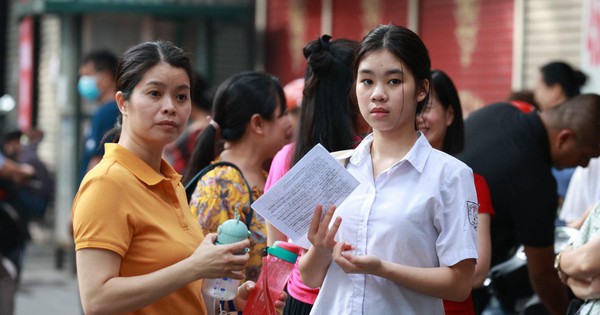





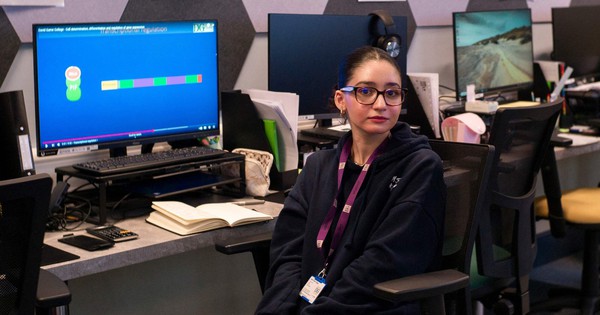


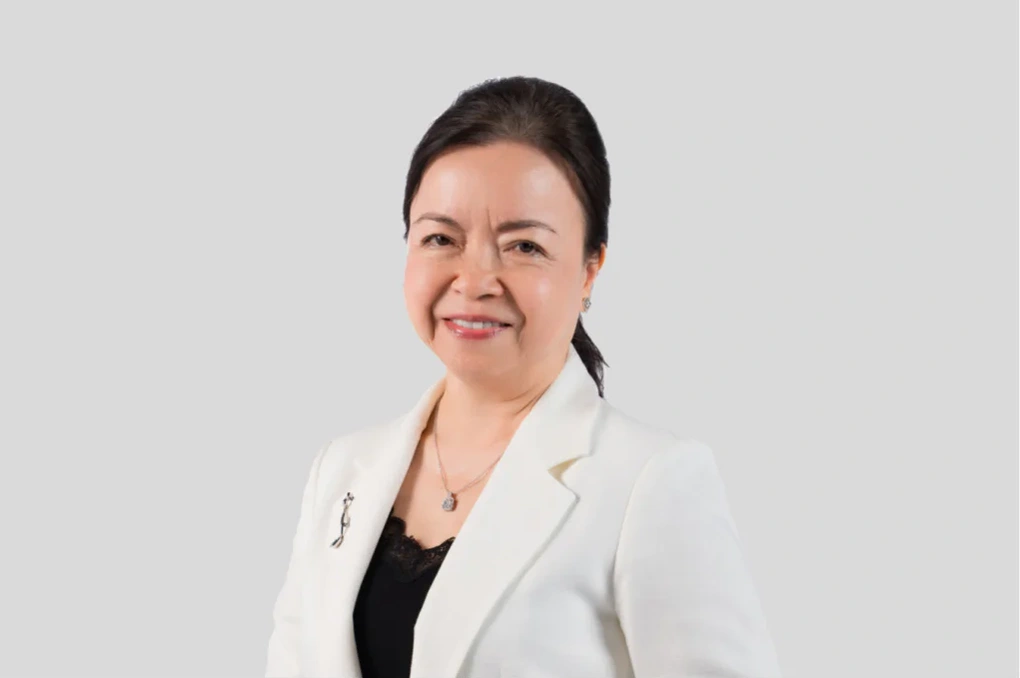

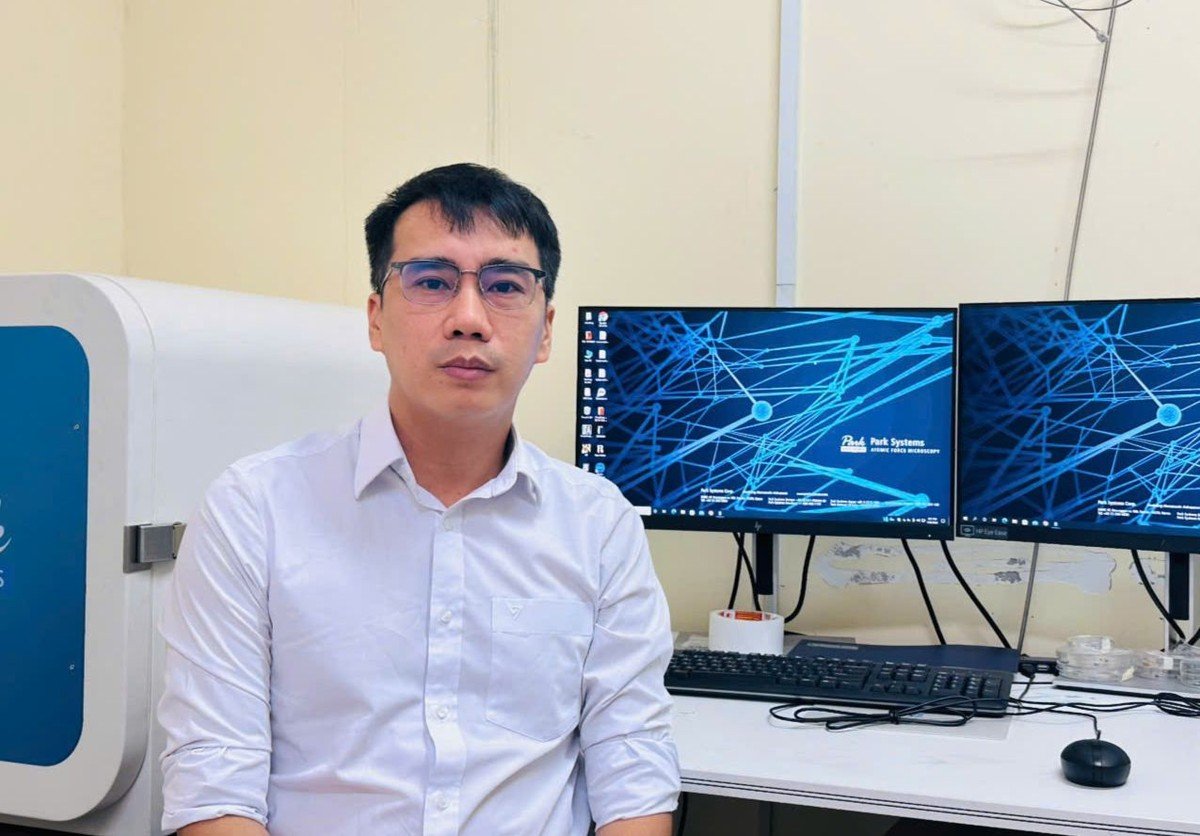

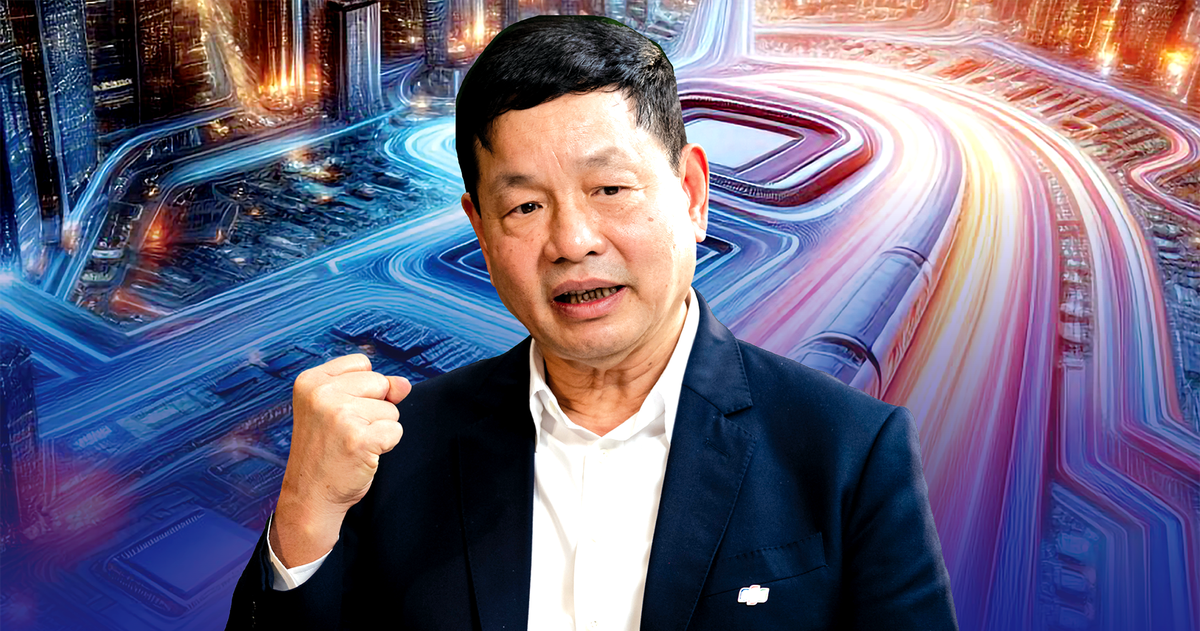

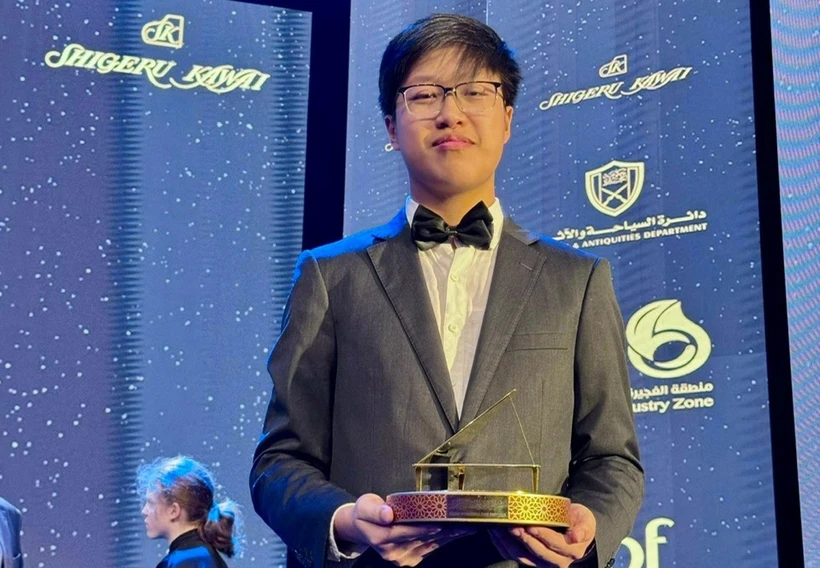

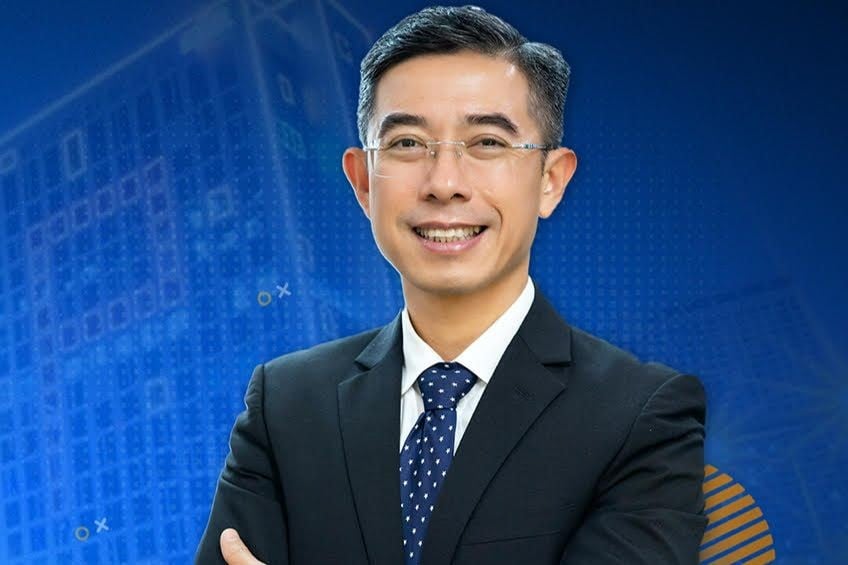




Comment (0)